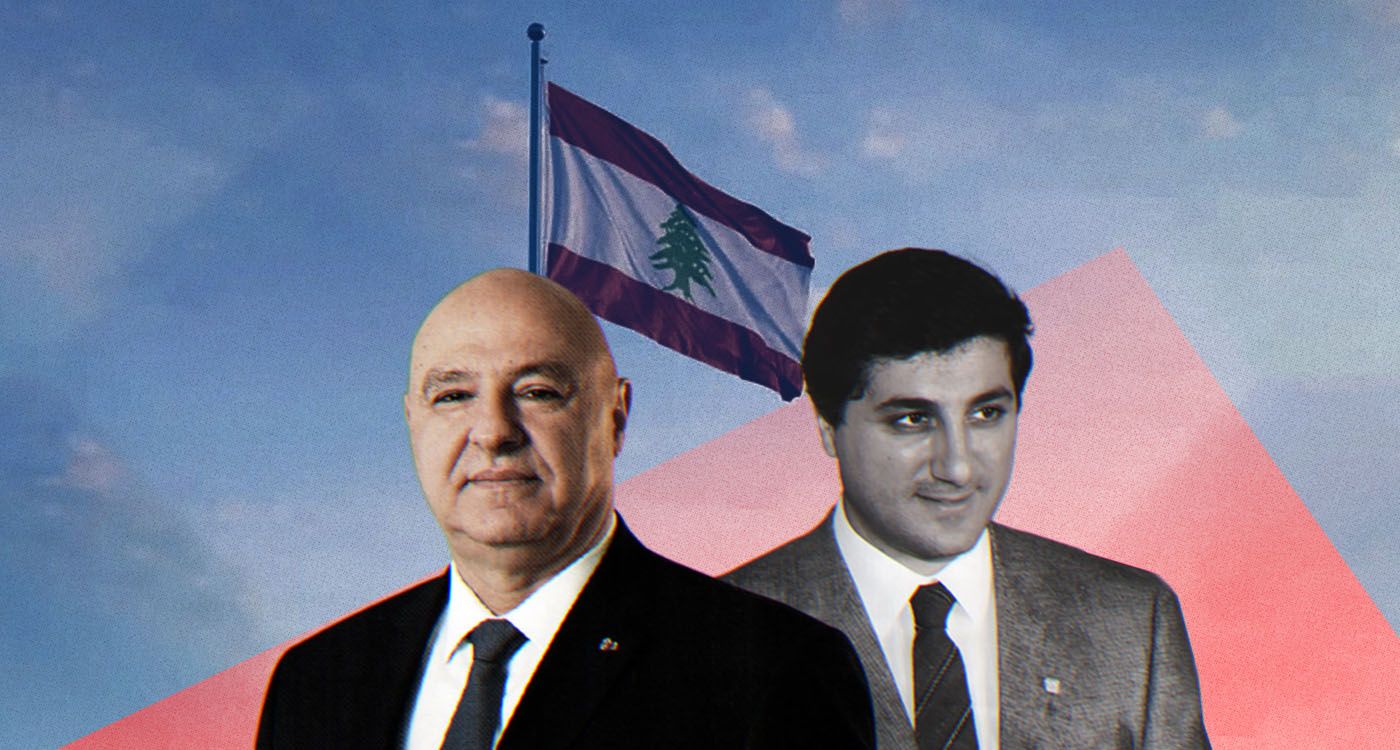
“The American way of life – as we want it – remains disarmingly simple: I want to be able to marry, buy a home, raise children, let them ride their bikes until sundown, send them to a good school, and live in a peaceful neighborhood.” These words came from Charlie Kirk, delivered during one of his well-known public debates, often hosted on university campuses across the United States in a climate of civility and uncompromising free expression. On the surface, Kirk’s remarks may strike some as simplistic, even naïve. Yet, they tap into a social undercurrent gaining traction across the Western world.
Far beyond the “far-right” label—hastily applied and, many would argue, misused—this message, with its resounding impact, embodies a growing spirit of resistance against the perceived collapse brought about by wokism. It channels a passionate yearning for the reinstatement of the family unit, for a return to enduring humanist values (Christian values, some would insist), a yearning felt most keenly among the younger generations. How else to explain the extraordinary wave of transnational solidarity and the massive rallies held in Charlie Kirk’s honor in recent days, not only in the United States, but also in the United Kingdom, Poland, Italy, Australia, New Zealand, and even South Korea…
Without indulging in misplaced self-absorption, Charlie Kirk’s remarks – quoted above – echo, to some extent and with all due qualifications, the sentiment now shared by an overwhelming majority of Lebanese: the yearning for nothing more than a simply “normal” life, for a Western way of living as it was before the wave of wokism, far from the endless cycle of conflict. In practical terms, the Lebanese aspire to marry, secure decent housing, and enjoy time with family (a real family, consisting of a father, a mother, and their children). They seek to provide a dignified life and a solid education for their children, to “send them to a good school,” to let them engage in healthy outdoor activities, and to live “in a peaceful neighborhood” – safe, calm, and free from the pressures and threats of militias…
The Lebanese population is fully entitled to such a way of life after enduring for more than fifty-five years, in a completely unnecessary and sterile manner, the consequences of “other people’s wars on Lebanese soil,” as President Joseph Aoun aptly emphasized to an official Iranian delegation on the sidelines of Hassan Nasrallah’s funeral. It is, in fact, precisely this slightly Westernized lifestyle that Hezbollah’s leadership criticized (excluding its own supporters) when Hassan Nasrallah categorized the Lebanese into four groups, singling out those who “only think about spending Sundays with their families.” Similarly, MP Mohammed Raad, in one of his fiery and belligerent speeches, sarcastically denounced those whose main concern is going to seaside resorts, leisure spots, and restaurants.
Today, the acute attachment to such a way of life in Lebanon reflects the fact that it stands in direct opposition to one of Hezbollah’s stated objectives. The Pasdaran’s stronghold on Lebanese soil openly reveals its ambition to forge a warlike society centered on the perpetuation of a so-called permanent “resistance,” whose sole purpose is to serve the geopolitical ambitions of its regional backer, disregarding national sovereignty and the most basic interests of the Lebanese population.
Hezbollah’s steadfast insistence on retaining its military arsenal, against all opposition, threatens both the Republic and the Lebanese people’s desire for a normal life. It is therefore unsurprising that, on this tragic September 14, President Joseph Aoun chose to commemorate in an official statement the memory of President Bachir Gemayel – a first for a sitting head of state. “The martyred president,” he emphasized, “embodied the determination to build a strong and united Lebanon (…). Even today, the principles for which he gave his life remain enduring national constants: a free, sovereign, and independent Lebanon, where its children can live with dignity and security.” Ultimately, this vision stands in complete opposition to the Khomeinist project championed by Hezbollah.




Comments